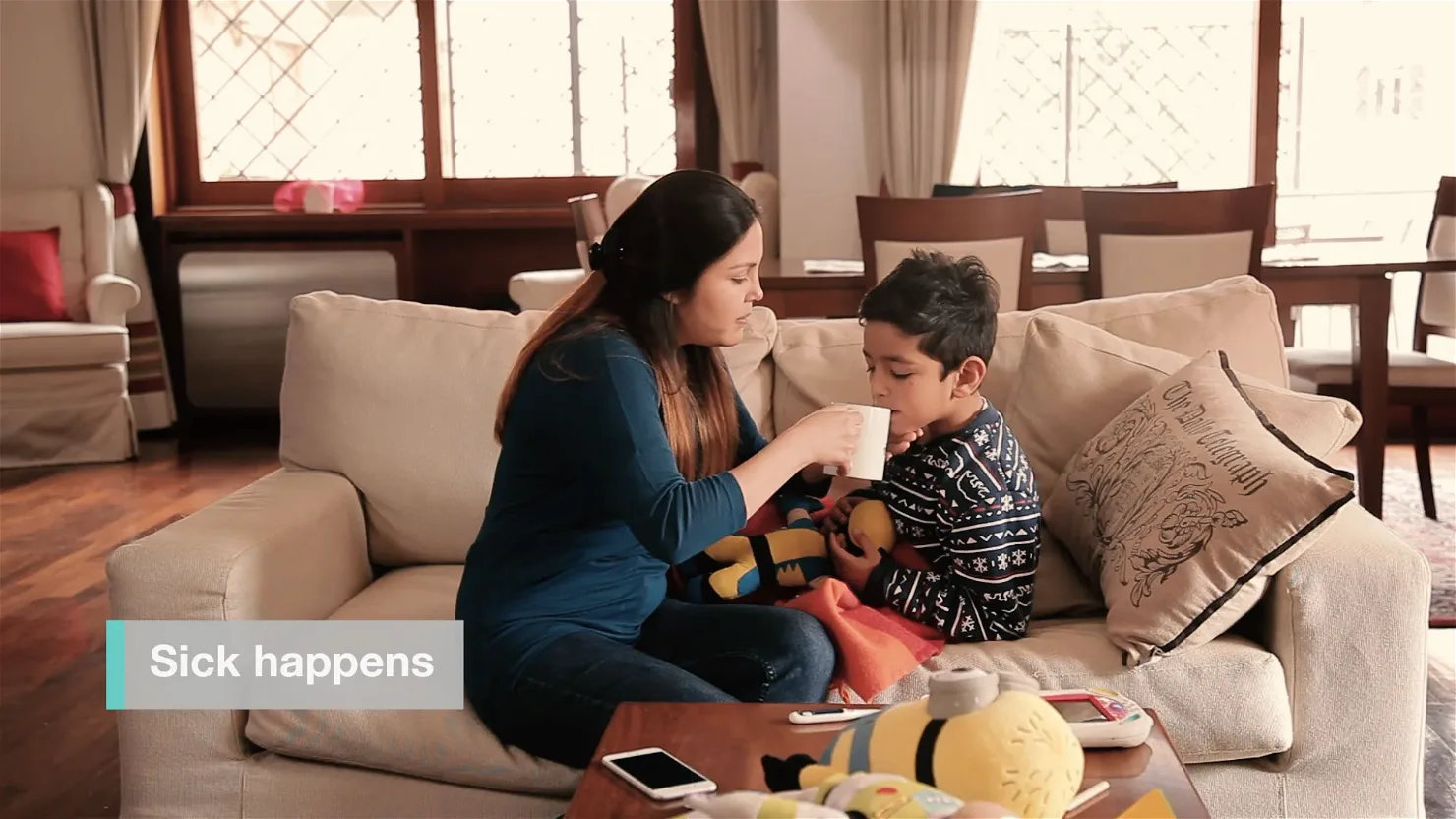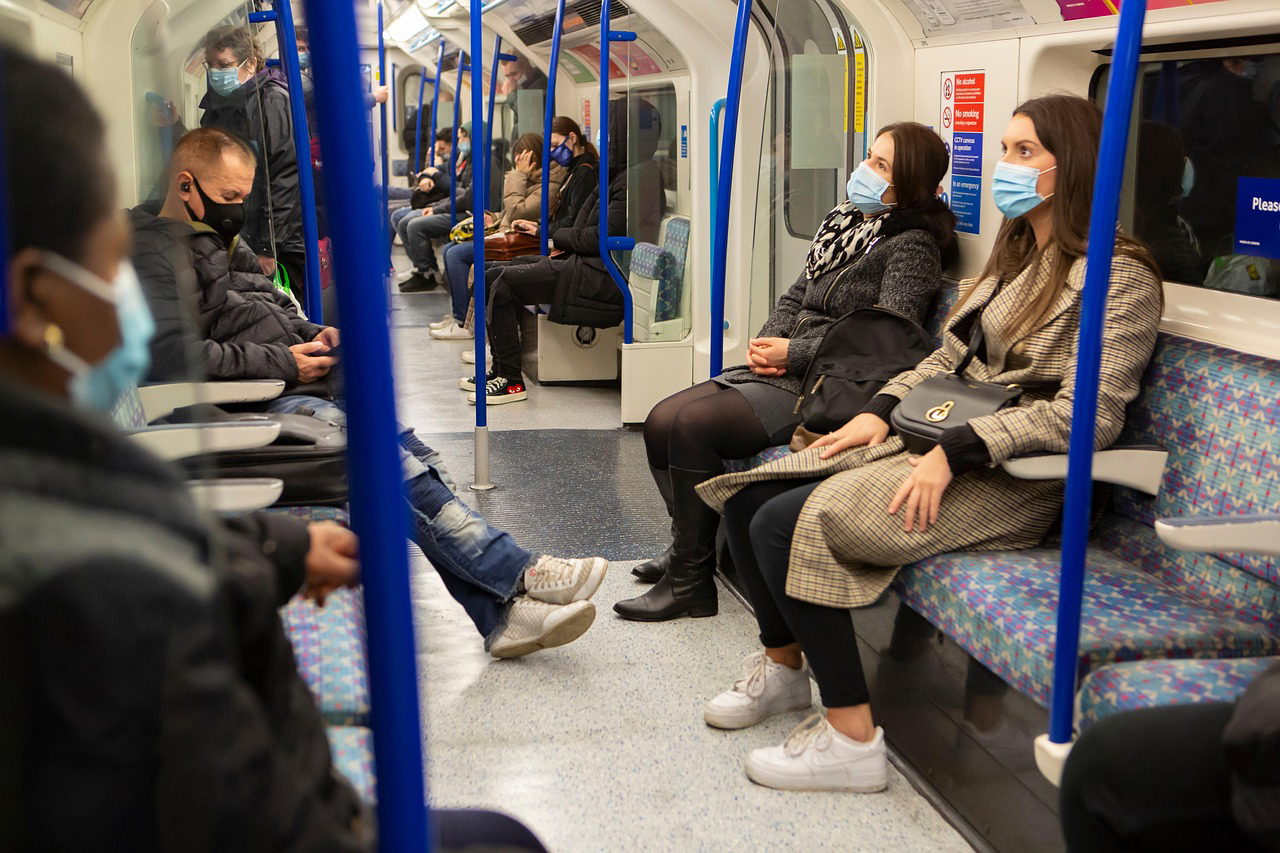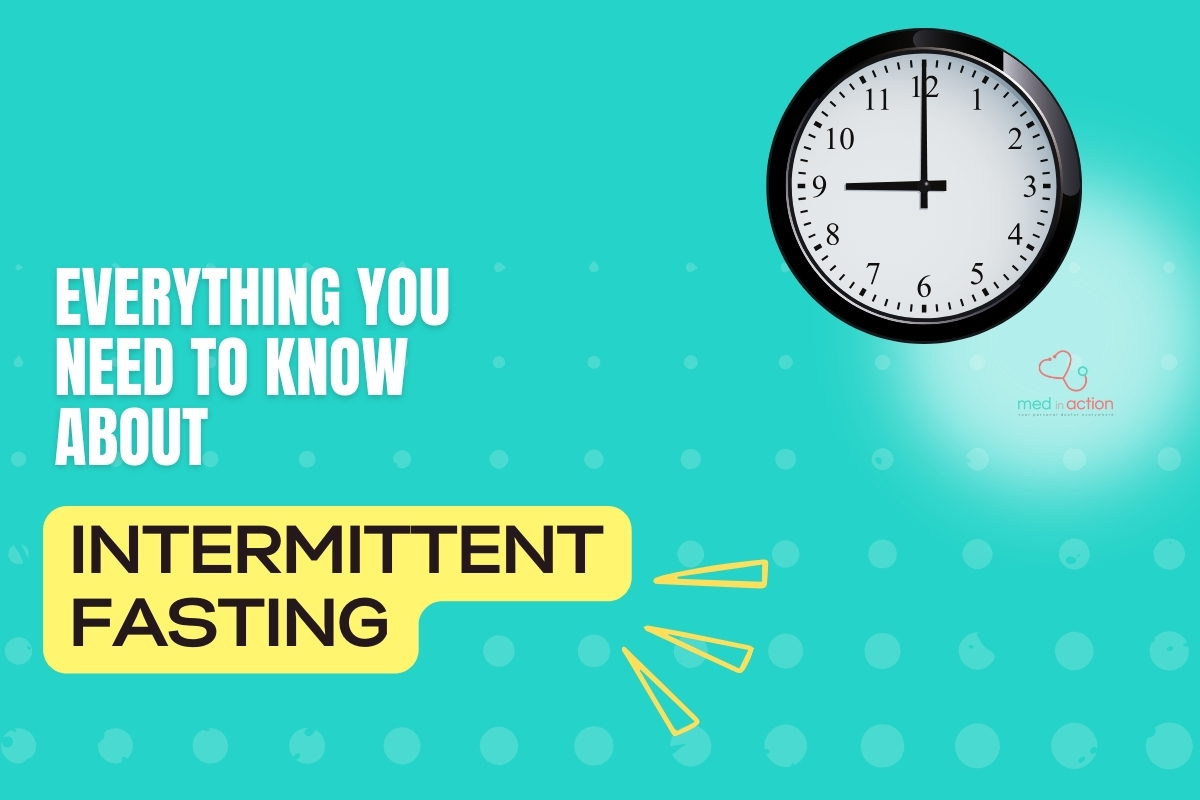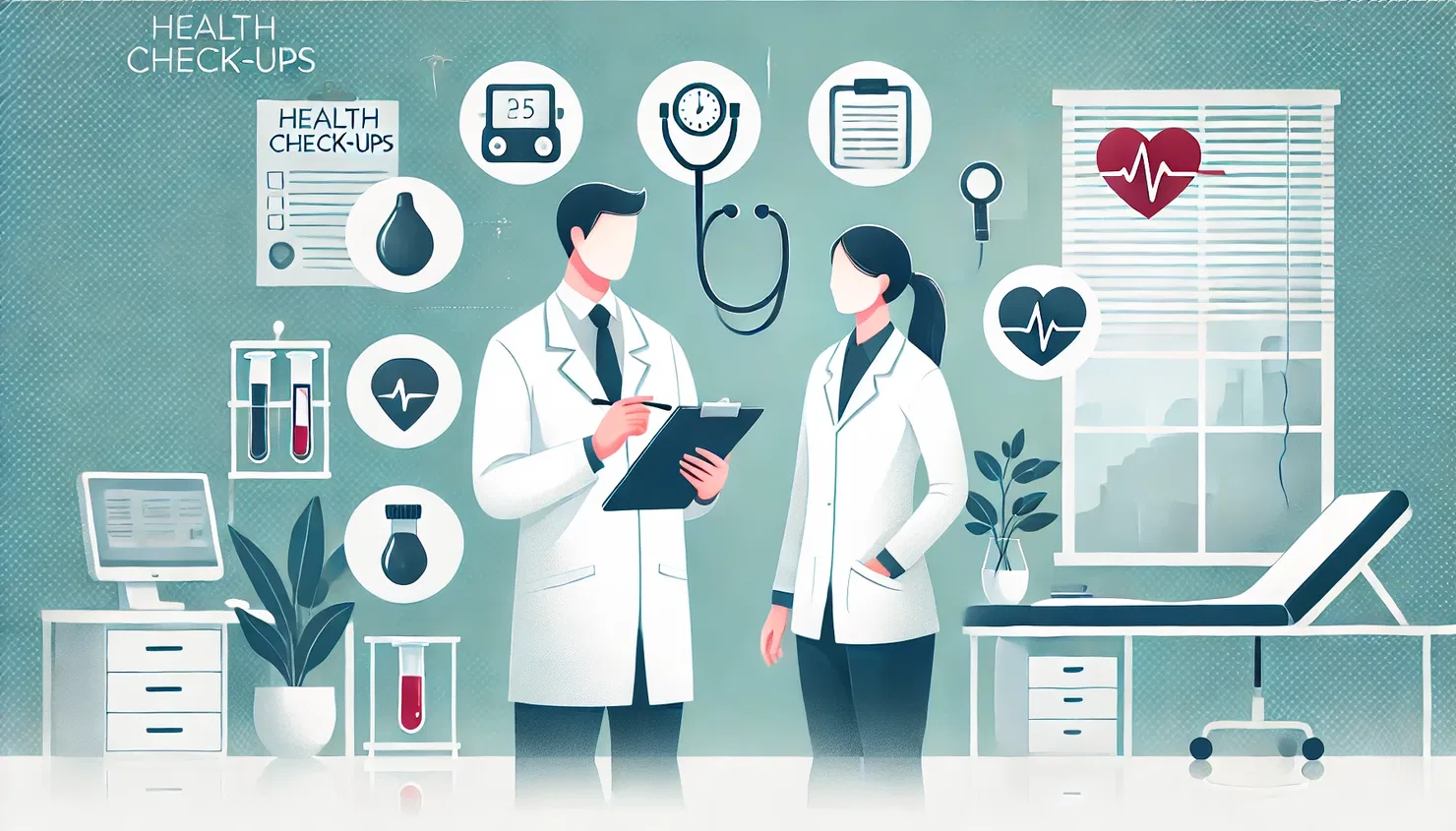Navigating any health system can be challenging. Where to go, who to speak to, how to pay, and how to follow-up when you have questions or problems later on is time consuming and complicated enough in your own country. For travelers and expats abroad, here the top five tips and tricks to remember to help get you back on your feet when your journey encounters an unexpected health problem.
- Get good travel insurance. Preparation is key to avoiding calamity. The first step is to contact your regular health insurance provider to verify what medical expenses will be covered abroad. Determine when you would have to pay out of pocket and what steps you need to take to file for a reimbursement. Many national medical insurance companies will only cover 50%-80% of foreign medical fees and provide reimbursements 6-8 weeks after all paperwork has been submitted. The second step is to consider travel insurance that includes medical coverage, including emergency and private medical options. Utilizing private medical clinics will ease language barrier difficulties, but the expense for these services will be greater than the public options. 2016’s top 10 list of best travel insurance providers include CSA, AIG, Travelex and Allianz (Travel Insurance Reviews)
- Call MedInAction. MedinAction is your ultimate resource for medical questions and concerns in Italy. Currently MedinAction offers in-person medical services in Rome, Florence, and Milan. MedinAction doctors will meet you wherever you are and will facilitate a consultation on the spot. We can organize follow-up visits and appointments with specialists and for additional testing at local clinics. Even if you just want a medical recommendation or opinion, you can chat with a doctor for FREE on the MedinAction iOS or Android app, on Whatsapp, or at the MedinAction website (www.medinaction.com). Services are available in English, Italian, and Spanish!
- Ask a Pharmacist. Only pharmacies sell medication, unlike in the US and other countries where over the counter medications can be purchased at supermarkets, health-food stores, and even large commercial vendors. Pharmacists are trained to give basic consultation on any medical problems you might have. They may also help you wrap a sprained ankle if you need. They can also point you in the right director toward the closest ER if you have a veritable emergency.
Italy’s pharmacies do not generally run on a 24/7 hours of operation schedule. The only pharmacies open continually day and night are located in the city center (Pharmacies, Medical Supplies & Services in Rome). Even these pharmacies are only open on a limited basis, meaning that should you go during the late evening/early morning, you will most likely need to ring the bell and the on-call pharmacist will answer you via intercom. Thus, speaking Italian is crucial to this exchange as most late-night pharmacist speak little to no English. The best 24/7 international pharmacy, and place where English is most likely to be spoken consistently, is Farmacia Internazionale Apotheke in Piazza Barberini.
- Reach out to your hotel concierge. While this may seem obvious, it’s a step a lot of travelers forget. In the modern age of cell phones where the internet is in your hand, tourists forget to utilize the hotel services provided for them during their stay.
- Call 118 for an Ambulance. In the event of a major emergency, you will have to go through the public system and go to an Italian hospital. 118 is the public medical emergency number used throughout Italy. While many medical professionals in Italy do speak basic English, medical situations can be quite complex and things can get lost in translation, especially if your medical emergency occurs late in the evening. MedInAction is on hand to help with Italian to English communication between you and your attending doctors. MedInAction will organize when and where to come and help facilitate effective communication throughout your medical emergency. We can also help arrange for additional follow-up after your ER visit.




